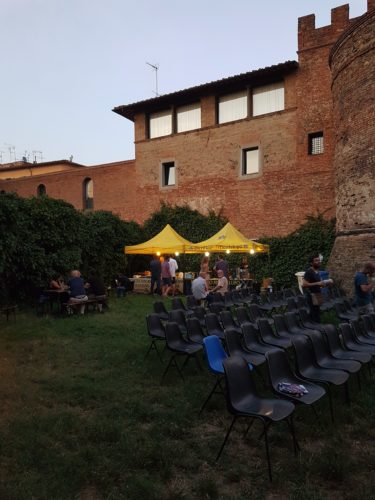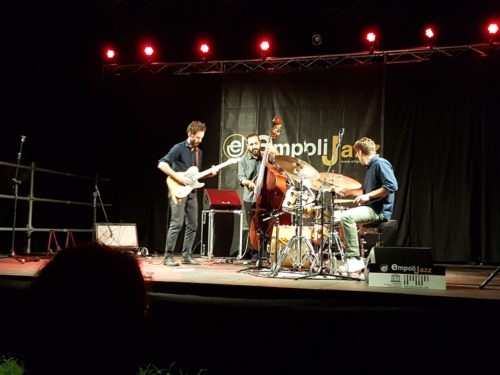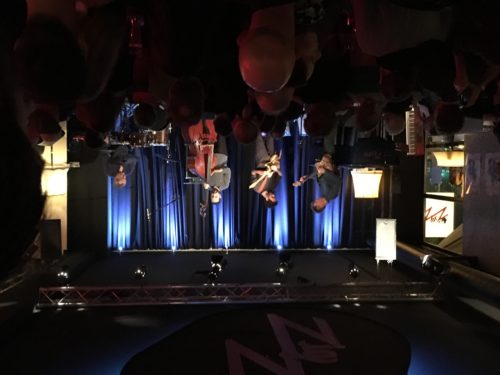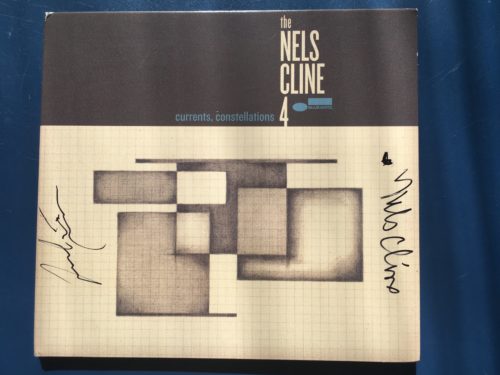there is a young man in a prison in the usa. he is looking for a way to spend his time and begins to be interested in art, begins to paint and write, later leads the courses himself. in january 2020 he wrote a letter to a photographer asking for contact and discussion. the photographer replies, and in the following months there will be a long exchange of letters about photography and life.
the photographer is alec soth, he made a book out of the conversation, mack published it for little money, the entire proceeds will go to the writing group in prison where the man started with his art. the book turned out great, and i only found it by chance while loitering on the internet because i never read the publishers‘ newsletters.
the prisoner, chris fausto cabrera, tells his life in the course of the letters (“I had plenty of opportunities to follow some good paths, and I almost did”, p.38), soth talks about his childhood, his path to photography, his workflow. They slowly get to know each other through the letters, at first just like a classic pen friendship in the fifties, then the contact becomes more urgent somehow, Corona and Trump occupy and burden soth, black lives matter happens, the letters are becoming more and more important for both writers, one notices that in the texts, in the beginning it is more of an exciting project, then they kind of dive into it, as a whole person. the two find a level of relaxed curiosity, an interest in each other, where both sides can be completely with themselves, open up, talk about their own world, the other reacts in his own way, with different stories and from a different perspective. From these very different lifes, completely different in everything, something new arises, about photography and dealing with it, about the ways of taking pictures, seeing pictures (soth), about life and the perception of life as an artist (cabrera ). Soth sends photos to jail with the letters and asks cabrera to write about them. At first Cabrera is surprised about the selection, then finds an entrance that offers a place for himself: “It’s interesting to enter the past through the backdoor of other peoples photos ”(p. 46). one takes the pictures, the other lives in them.
soth reports from the corona period, which bothered him a lot, (he emphasizes that the circumstances are totally different), cabrera was in isolation for a while and talks about how it changed him, he says, after the corona period maybe everyone will notice that the view and the interaction with people takes place from a greater distance, that the perception contains more of the self.
cabrera describes the photographs that he would like to have; he is only allowed to keep very few pictures in his closet. a couple of his family, a couple of pornographic ones, one of an actress who sits in her room wearing a t-shirt, a che guevara poster on the wall, a skeleton in the corner (he can practice drawing on it), objects in the space with which he can imagine her life, travel souvenirs, that sort of thing. soth passed the idea on on instagram, and asks his followers to build this photo with photoshop, and promised a signed photo for the best one. he has shown the final selection in the book, and he has asked cabrera to explain his decision in favor of one of them. cabrera does that, in just a few sentences, but he also writes about the other pictures, and goes on about traveling in his head, and then starts meandering through a few stories of his life, also telling about what brought him to prison, which i really wanted to know, of course, but also admired the fact that soth didn’t ask about it directly.
but you should read it for yourself, it really turned out to be one of the finest books of the year, and you can tell that the two of them didn’t intend to do that at all, or only very understated, unlike e.g. the man who put together a 5kg volume about the renaissance, to make a totally inappropriate comparison, and the renaissance band has certainly turned out to be a wonderful book, but not as beautiful as this one.
soth and cabrera both treat each other with this special sincerity, or no, they both take it seriously, they give everything because this seriousness is the best way to deal with the strangeness of the difference between their lives and to overcome it in the process, through communication, contact, proximity. it is also a typical tone, i think, for this kind of contact that it is alien to both of them, that is part of the fascination. it somehow reads very well.
it is a very special educational novel in which both sides learn a lot about each other, a book for photography and for art, even if it is only allowed to take place in the imagination.
(translated with google, sorry for that)




